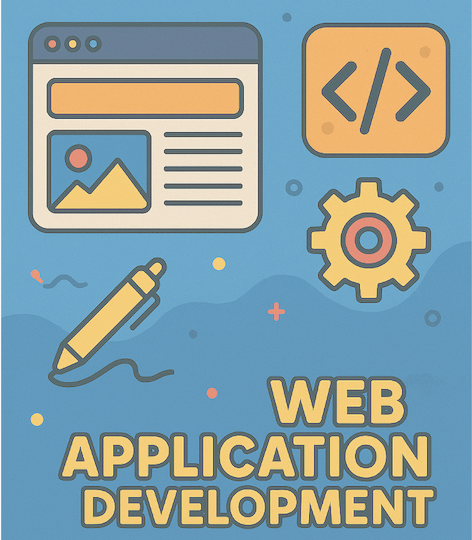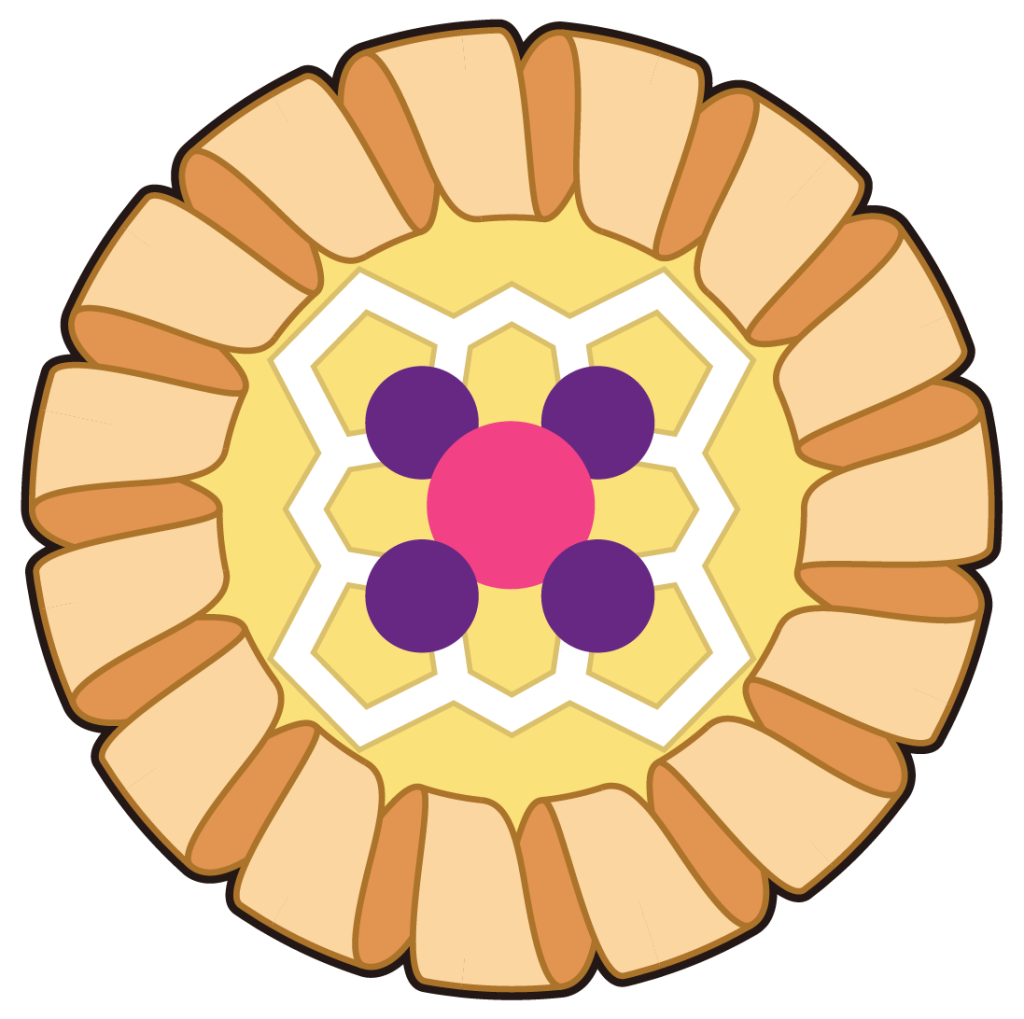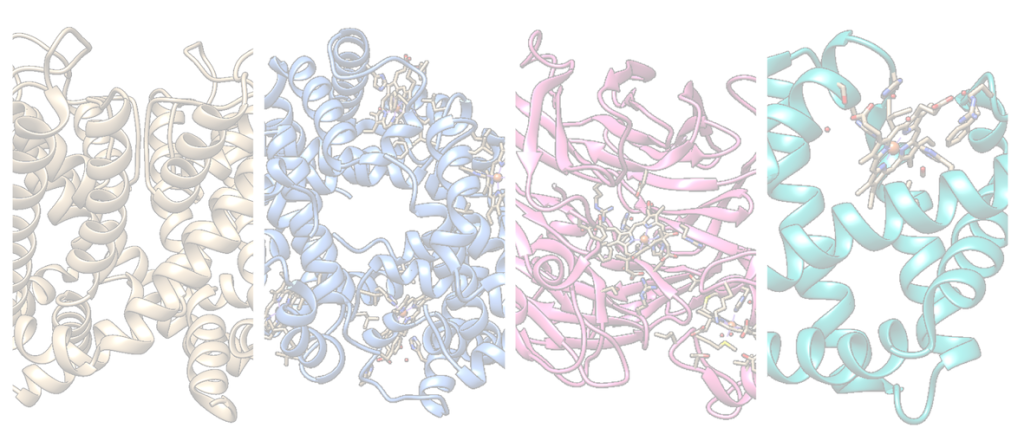
Understanding life at the molecular level
Research that utilizes computers is rapidly expanding in the fields of life science and chemistry. In our laboratory, we investigate how proteins carry out their functions using computational simulations and data-science approaches. Proteins are often described as “molecular machines” that operate within living organisms, and they play essential roles in virtually all biological processes, including immune responses, metabolism, and photosynthesis. A deeper understanding of these mechanisms is expected to contribute to advances in medicine and industry.
Research Overview
Our laboratory uses computational methods to investigate the molecular mechanisms that enable proteins to function. We do not conduct wet-lab experiments. Our research is driven entirely by computational science and data science. By integrating these two approaches, we can refine our studies in complementary ways—for example, validating data-driven findings through simulations, or generating new training data via simulations to improve the performance of AI models.
To support the broader research community, we also publish structural datasets as an open database. In addition, we develop user-friendly web applications for structural analysis so that even those with little computing experience can easily make use of these resources.
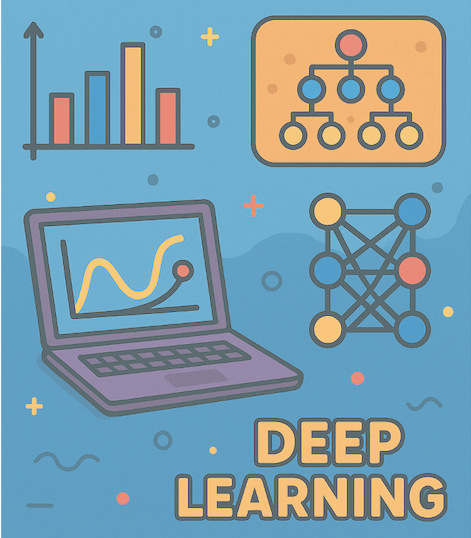
Data Science
We apply deep learning and machine-learning techniques to extract information from structural data and simulation data, and to predict various molecular properties.
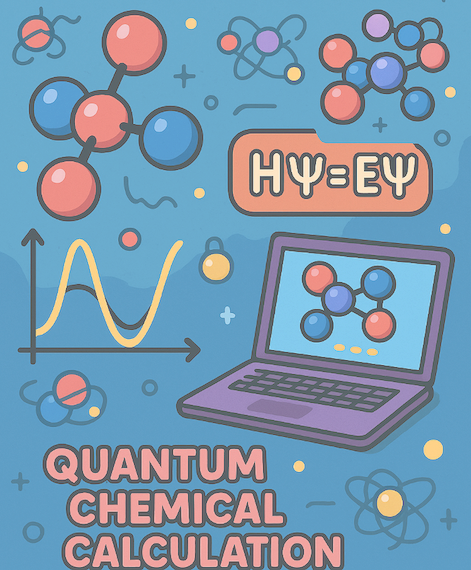
Simulations
We use molecular dynamics simulations and quantum chemical calculations to analyze molecular behavior as well as intermolecular and intramolecular interactions.
Keywords: protein, heme, structure-function relationship, simulation, deep learning, structural informatics, intramolecular interaction
Graduate Student Recruitment
Our laboratory is recruiting master’s and PhD students who are interested in advancing computational analyses of protein functional mechanisms. We welcome motivated students from diverse academic backgrounds who wish to explore the mysteries of life through computational research.
Prospective international students are encouraged to refer to the “Laboratory” page.

